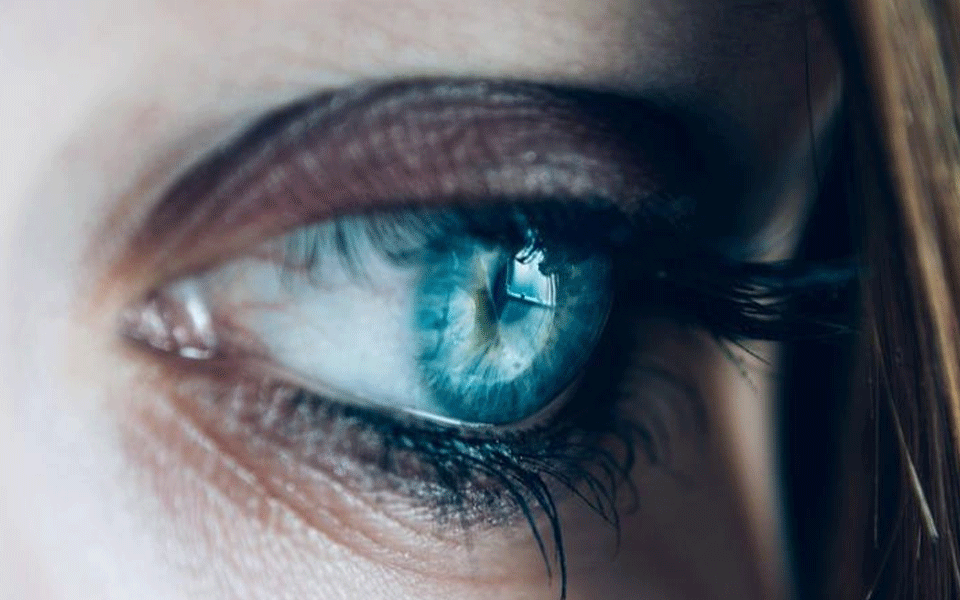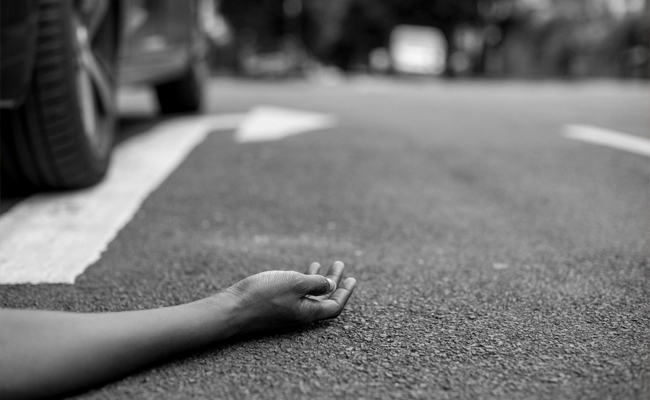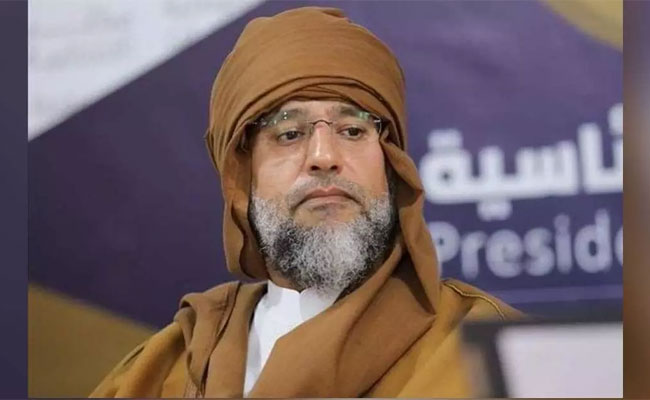Washington, Aug 13: Blue light from digital devices including smartphones could accelerate blindness, researchers have found.
According to a research by the University of Toledo in the US, exposure to blue light continuously might cause poisonous molecules to be generated in the eye's light-sensitive cells and lead to macular degeneration, Xinhua news agency reported on Monday.
As one of the leading causes of blindness in the US, macular degeneration does not lead to total blindness, but can make daily activities difficult.
"It's no secret that blue light harms our vision by damaging the eye's retina. Our experiments explain how this happens, and we hope this leads to therapies that slow macular degeneration, such as a new kind of eye drop," said Ajith Karunarathne, an assistant professor in the university's department of chemistry and biochemistry.
Macular degeneration is caused by the death of photoreceptors, a kind of light-sensitive cells.
Photoreceptor cells need molecules called retinal to sense light and trigger signalling to the brain, enabling us to see.
"If you shine blue light on retinal, the retinal kills photoreceptor cells as the signalling molecule on the membrane dissolves," said Kasun Ratnayake, a PhD student at the university who was involved in the study.
"Photoreceptor cells do not regenerate in the eye. When they're dead, they're dead for good," Ratnayake added.
To protect eyes from blue light, researchers advise people to wear sunglasses which filter both UV and blue light outside and avoid using smartphones or tablets in the dark.
Let the Truth be known. If you read VB and like VB, please be a VB Supporter and Help us deliver the Truth to one and all.
Ghaziabad (UP) (PTI): Three minor sisters died after allegedly jumping off the balcony of a ninth-floor flat in Ghaziabad early on Wednesday, police said.
Assistant Commissioner of Police (Shalimar Garden) Atul Kumar Singh said the police received information around 2.15 am about three girls jumping off the balcony of the ninth-floor apartment in a tower of Bharat City, located under the Teela Mor police station area.
On reaching the spot, the police found that the girls -- Nishika (16), Prachi (14) and Pakhi (12) -- daughters of Chetan Kumar, had fallen to the ground floor and suffered fatal injuries, the ACP said.
They were rushed by ambulance to a hospital in Loni, where doctors declared them dead on arrival, he added.
The police have initiated legal formalities and are investigating the circumstances leading to the incident, officials said.





